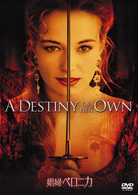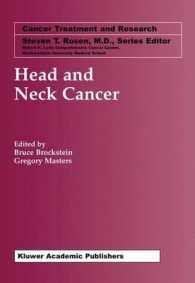Description
(Short description)
Die Frage nach Religion und Gewalt ist eine komplexe Herausforderung. Dieser Band regt mit der ungewöhnlichen Vielfalt seiner Beiträge zum Weiterdenken dieses ebenso aktuellen wie grundlegenden Menschheitsproblems an. Religion und Gewalt - ein ebenso aktuelles wie grundlegendes Menschheitsproblem
(Text)
Die Frage nach Religion und Gewalt wird zur komplexen Herausforderung, wie dieser Band mit der ungewöhnlichen Vielfalt seiner Beiträge zeigt. Er befasst sich mit Gewalt in den Heiligen Texten der drei großen Buchreligionen. Mit den mittelalterlichen Judenprozessen und den Bauernkriegen wird sowohl die historische als auch die rechtliche Dimension des Themas berührt. Grundlegende philosophische und theologische Reflexionen schließen sich an, und der Blick auf den westlichen Ökonomismus enthüllt weniger sichtbare strukturelle und gesellschaftliche Gewalt. Dem wird die exemplarische Sicht auf Indien gegenübergestellt, die zeigt, dass das Problem mit einem rein westlich-europäischen Blick vollkommen unterbestimmt ist. Damit regt der Band zum Weiterdenken dieses ebenso aktuellen wie grundlegenden Menschheitsproblems an.
The question of religion and violence becomes a complex challenge, as is proven by the unusual diversity of the articles in this volume which deals with violence in the sacred writings of the three great book religions. Along with medieval Jewish trials and peasant wars, both the historical and legal dimensions of this subject are also touched upon. Basic philosophical and theological reflections are also considered; whilst it is revealed that structural and societal violence is seemingly less visible when looking at Western economism. This is contrasted with the exemplary perspective on India, illustrating that the issue is consummately ill-defined by viewing it from a purely Western-European perspective. This volume encourages the reader to continue thinking about this current and fundamental problem of mankind.
(Text)
The question of religion and violence becomes a complex challenge, as is proven by the unusual diversity of the articles in this volume which deals with violence in the sacred writings of the three great book religions. Along with medieval Jewish trials and peasant wars, both the historical and legal dimensions of this subject are also touched upon. Basic philosophical and theological reflections are also considered; whilst it is revealed that structural and societal violence is seemingly less visible when looking at Western economism. This is contrasted with the exemplary perspective on India, illustrating that the issue is consummately ill-defined by viewing it from a purely Western-European perspective. This volume encourages the reader to continue thinking about this current and fundamental problem of mankind.
(Author portrait)
Dr. theol. Friedmann Eißler ist Wissenschaftlicher Referent an der Evangelischen Zentralstelle für Weltanschauungsfragen (EZW) in Berlin mit Schwerpunkt Islam und interreligiöser Dialog.







